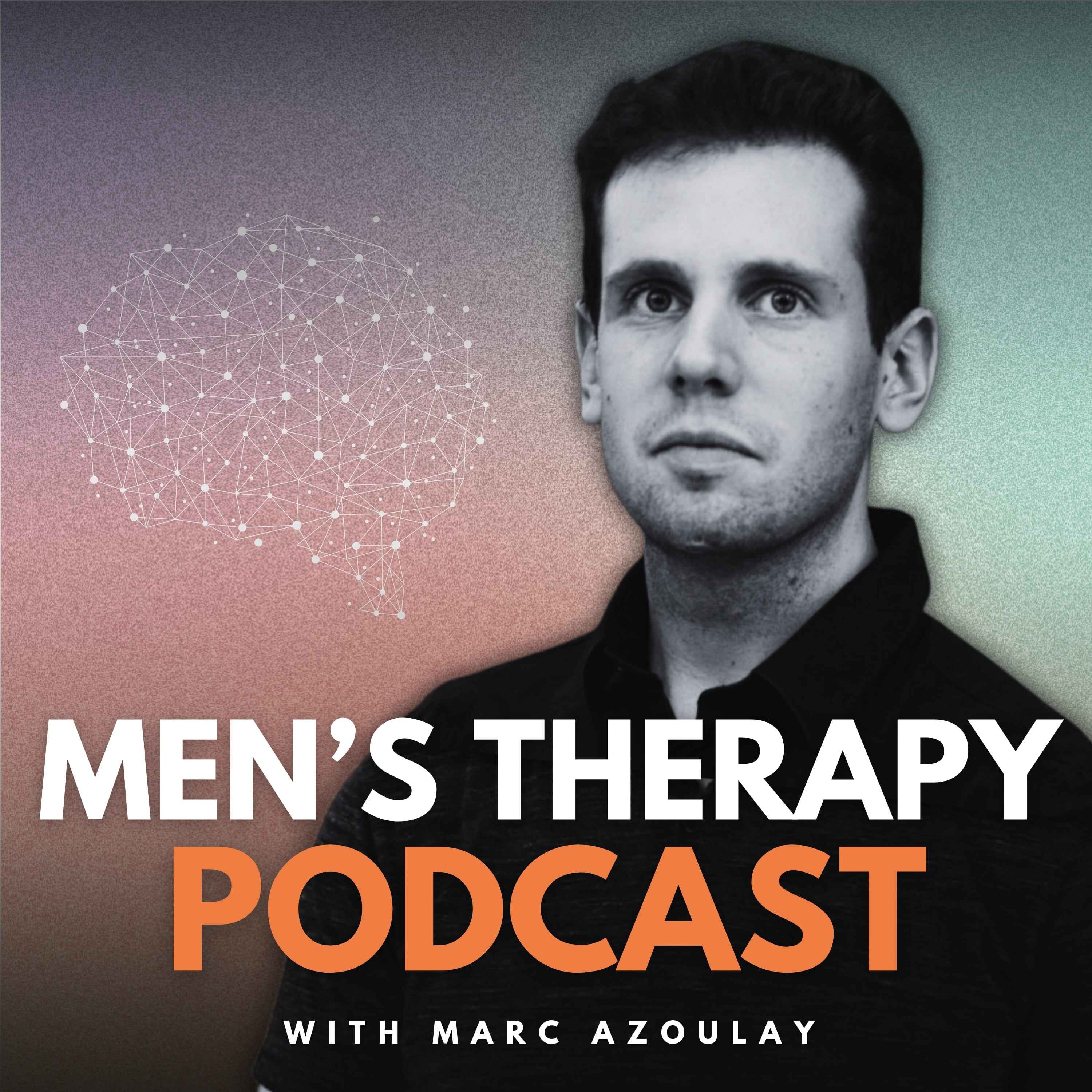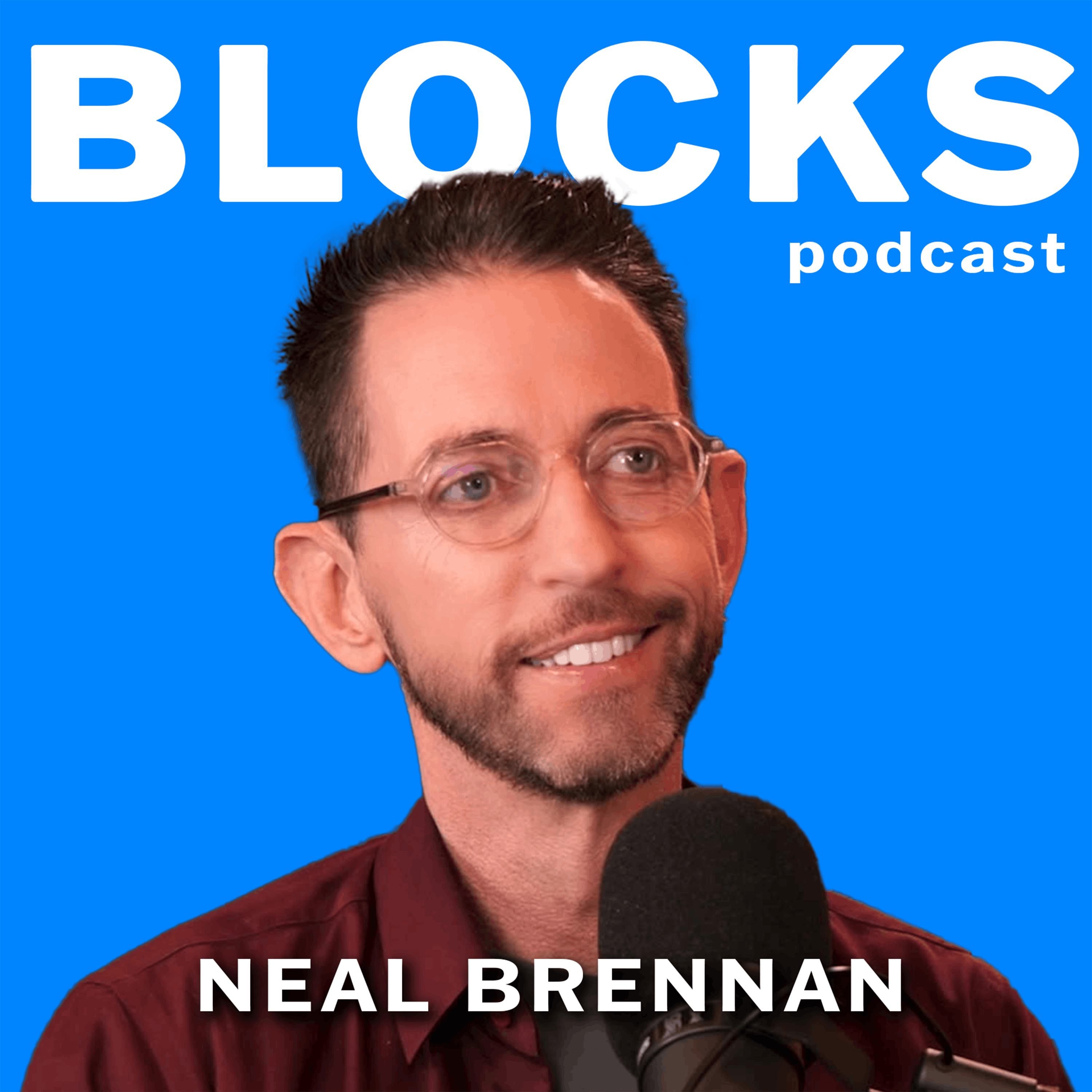
The American Masculinity Podcast
The American Masculinity Podcast is hosted by Timothy Wienecke — licensed psychotherapist, Air Force veteran, and award-winning men's advocate.
Real conversations about masculinity, mental health, trauma, fatherhood, leadership, and growth. Each episode offers expert insight and practical tools to help men show up differently — as partners, fathers, friends, and leaders.
No yelling. No clichés. Just grounded, thoughtful masculinity for a changing world.
https://americanmasculinity.start.page
The American Masculinity Podcast
08 From Talking to Doing: What Makes CBT Click for Men
CBT gives men structure and tools—not just talk.
🎧 Show notes: www.americanmasculinity.com
📚 Books: bookshop.org/shop/americanmasculinity
Therapist Bryce Jennings joins us to break down how Cognitive Behavioral Therapy (CBT) helps men move from overthinking to action. We cover what actually happens in a session, why “vibe fit” matters as much as modality, and what to do if therapy hasn’t worked for you before.
If you're therapy-curious, skeptical, or searching for tools that work—this one’s for you.
🔔 Subscribe for weekly episodes on masculinity, mental health, and personal growth.
⏱️ Chapters
00:00:00 – Introduction and Why CBT Resonates with Men
00:07:21 – What CBT Looks Like in Session
00:13:05 – The Thought-Feeling-Behavior Loop Explained
00:20:45 – Masculinity, Emotions, and Getting Unstuck
00:27:58 – The “Vibe Fit” Concept: Therapist Compatibility
00:36:40 – Why Therapy Doesn’t Always Work
00:46:20 – Practical Tools and the Limits of Self-Help
00:49:07 – How to Find the Right Therapist
01:02:03 – Masculinity and Financial Stress
01:07:43 – When Masculinity Empowers: A Personal Reflection
01:14:00 – Final Fact Checks and Clarifications
The American Masculinity Podcast™ is hosted by Timothy Wienecke — licensed psychotherapist, Air Force veteran, and men’s advocate.
Real conversations about masculinity, mental health, growth, and how men can show up better — as partners, leaders, and friends.
We focus on grounded tools, not yelling or clichés. If you have questions or want a tool for something you're wrestling with, leave a comment or send a message — your feedback shapes what we build next.
Note: While this doesn’t replace therapy, it might help you notice something worth exploring.

.png)





